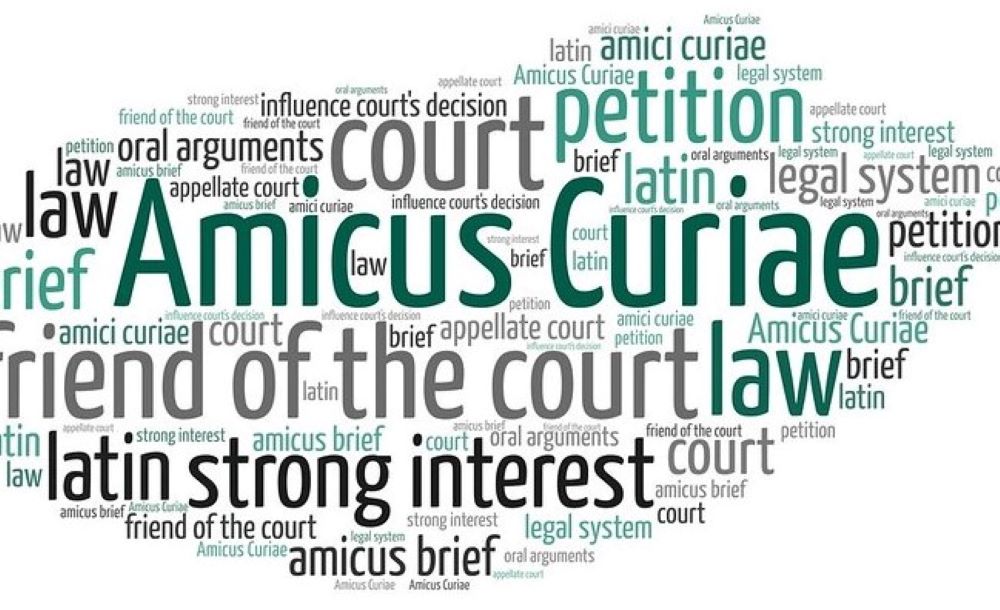Soni Satti
The Supreme Court-appointed Senior Advocates Jaideep Gupta and Meenakshi Arora as amici curiae in the suo moto case dealing with COVID-19-related issues.
In the suo moto case in Re Essential Distribution of Supplies and Services, a Bench comprising Justices DY Chandrachud, L Nageswara Rao, and S Ravindra Bhat issued this order. This comes after Senior Advocate Harish Salve recused himself as an amicus in the case on the last hearing day, April 23.
Salve had asked the bench on April 23 to be dismissed from the court, claiming that he did not want the case to be heard in the shadow of the fact that he was appointed as an amicus curiae based on his childhood relationship with then-CJI SA Bobde.
Salve was then dismissed from the case by the Bench, which was then led by CJI Bobde.
The Supreme Court Bench, led by Justice Chandrachud, clarified today that the object of the proceedings was not to prevent the High Courts from dealing with COVID-19-related issues in their respective jurisdictions.
A Bench headed by Justice Chandrachud explained the situation and stated that the aim of these trials is not to replace the High Courts or to take over what the High Courts are doing. High Courts are in a better position to keep track of what happens within their jurisdiction.
The Bench added, “During national crisis, Supreme Court cannot be a mute spectator. The role of the Supreme Court is complimentary in nature. The issues which travail state boundaries is what this court will look into and thus Article 32 jurisdiction has been assumed”
The Supreme Court has explained that the Supreme Court’s assumption of authority suo moto under Article 32 is not intended to replace or supplant the mechanism of hearings conducted by different High Courts to address pandemic-related concerns.
Having said that, the Court noted that it may be necessary for the Supreme Court to participate in such national matters, when there may be issues involving state cooperation.
The Supreme Court’s interference, the Bench continued, must be seen in the proper context.
The Bench observed, “It is in that spirit that the Supreme Court has assumed jurisdiction suo moto under Article 32. Therefore, we clarify that the High Courts need not be restrained from dealing with the issues.”
The Bench also requested a briefing from the government on issues such as oxygen availability, essential medicines, and vaccine prices. On April 30, the matter will be revisited.
At least 11 High Courts around the world are dealing with COVID management issues in their jurisdictions.

